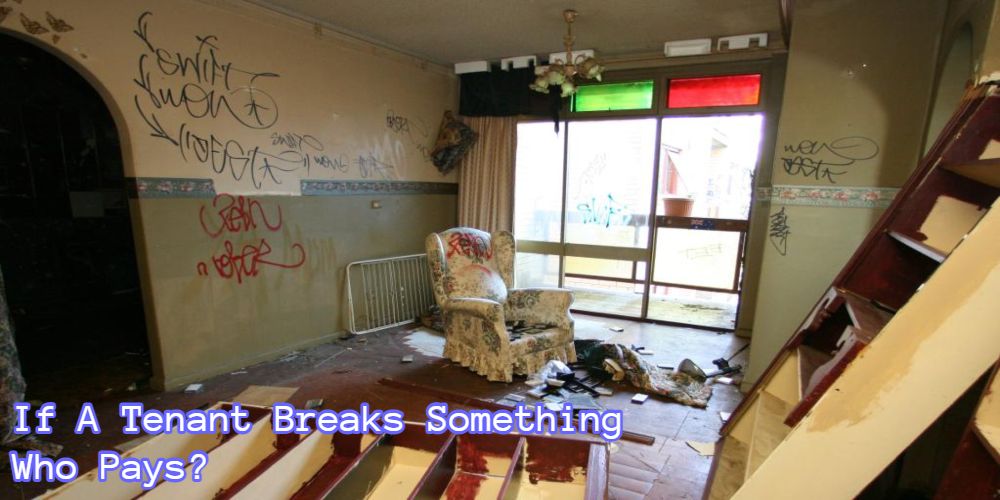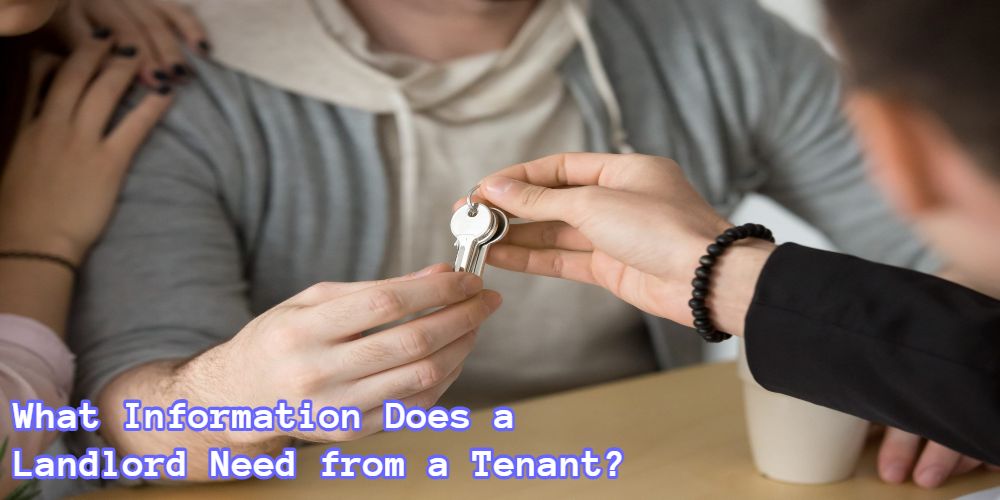Last Updated on January 2, 2022 by Kelvin Nielsen
Landlords and tenants have disputes over many things. One common cause of disputes is broken stuff.
As a tenant, no matter how careful you are, you’ll, at some point, end up breaking something. It could be a window, door, faucet, or an appliance. Sometimes, it’ll not be your fault – something will break due to age or normal wear and tear.
So, the question is; if something breaks, who foots the repairs?
Speaking broadly, if it has broken due to your action, you’ll be responsible for paying for the repairs. However, if you’re not at fault for the damage, the landlord will be responsible. Below is a guide on the party responsible when it comes to property damage.
Refer to the lease agreement.
The lease agreement outlines the terms of the tenancy. More often than not, among the terms are those regarding repairs. The lease makes it clear which repairs are the tenant’s responsibility and which are the landlord’s.
On top of this, some landlords will also brief you about their policies regarding repairs. This way, even if you don’t keenly read the lease, they’ll ensure that you understand all the policies. And this can help keep future disputes at bay.
Now, while, as a tenant, some repairs are your responsibility, you shouldn’t make major repairs without your landlord’s consent. As you’ll see later in this article, it can cost you some fines or make you subject to legal action.
As a tenant, you should also understand that it’s your landlord’s responsibility to keep your living conditions habitable.
Which repairs are the landlord’s responsibility?
Broadly speaking, your landlord is responsible for damages that happen due to age and normal wear and tear. Also, if the issue poses a security risk, it’s their responsibility, as well.
Here are some common repairs that are on the landlord:
- Pest infestation. If the apartment is infested with pests such as roaches, rats, mice, or bedbugs, the landlord should exterminate them. However, if the pests are a result of your negligence, the bill will be on you.
- Plumbing issues. The landlord should also fix plumbing-related problems. These could include a clogged toilet or sink, leaking faucets, frozen pipes, and any other.
- Electrical issues. Issues such as faulty light fixtures, non-functional outlets, or nonworking switches come up now and then. Even worse, there could be sparks at the electrical outlet or frequent bulb burnout. The landlord should fix these issues. However, if it’s apparent that the damage happened due to your action, the bills will be on you. Electrical issues can happen due to overloading outlets, inserting foreign objects in outlets, and more.
- Heating repairs. As a tenant, you’re entitled to a fully functional heating system. Should it develop issues, the landlord should fix it within 24 hours.
- Broken locks. As long as the lock hasn’t broken due to your irresponsibility, the landlord should pay for its repair.
- Visible mold. A house with mold is considered inhabitable. As soon as you notify them, the landlord should eliminate the mold at their expense.
What can I do if a landlord refuses to make necessary repairs?
If the landlord doesn’t make needful repairs, you can take legal action or withhold rent. In some states, you can make the repairs yourself and deduct the damage from the rent. This is often referred to as ‘repair and deduct’.
How fast should the landlord make the repair?
How quickly the landlord acts depends on the state and the urgency of the situation. If, for instance, the issue is making the apartment inhabitable, the landlord should remedy it within 24 hours. If the issue isn’t necessarily an emergency, then they may have about 48 hours to make the fix.
Which repairs should tenants pay for?
Normally, you’re liable for the damages you cause. And specifically, damages that exceed normal wear and tear. The following are common repairs that tenants pay for:
- Pet-related damages such as scratched doors and walls, damaged carpets, or chewed blinds.
- Burned-out lights. These are fixes you can do on your own without contacting the landlord.
- In a non-smoking flat, stains or odors from smoking.
- Any damages your guests cause such as broken windows, doors, or damaged appliances.
- Any issue that you could have reported a long time ago but you didn’t, leading to further damage.
Can a landlord make a tenant pay for repairs?
If the lease states that certain repairs are your responsibility, the landlord can make you pay for them. That said, the terms regarding repairs must abide by the state and local laws. This means, to avoid extortion by a landlord, you must familiarize yourself with housing laws.
What will happen if a tenant refuses to pay for repairs?
In most cases, your security deposit will cover the repairs. However, if the repair costs exceed the deposit, you’ll have to top up the bill. Should you refuse, you’ll be in violation of the lease and the landlord can legally evict you besides taking other legal actions to recoup the loss.
What will happen if a tenant makes unauthorized repairs?
As earlier mentioned, you shouldn’t make major repairs without seeking the landlord’s consent first. If you do, and the repairs violate the lease, the landlord can fine you or evict you. That said, the repairs you can or can’t make vary depending on the jurisdiction.
How do I request a repair to my rental property?
The best way to request a repair is through a Repair Notice. A repair notice is a document that you hand the landlord to inform them that your rental unit needs maintenance. As aforementioned, they should respond depending on the urgency of the issue.
Now, when you notice damage, you should inform the landlord as soon as possible. This way, you’ll keep the situation from getting worse and avoid paying for damages that you didn’t cause.
As a tenant, it’s important to understand the repairs that are yours and those that are your landlord’s. Also, you should be familiar with the policies regarding security deposits, repair requests, and repair costs. This will help make renting a walk in the park, devoid of common issues.

Hi, I’m Kelvin Nielsen, an experienced landlord and accomplished real estate lawyer. My focus is on answering your questions about renting in the hopes of making your life as a renter or a landlord a bit easier.







